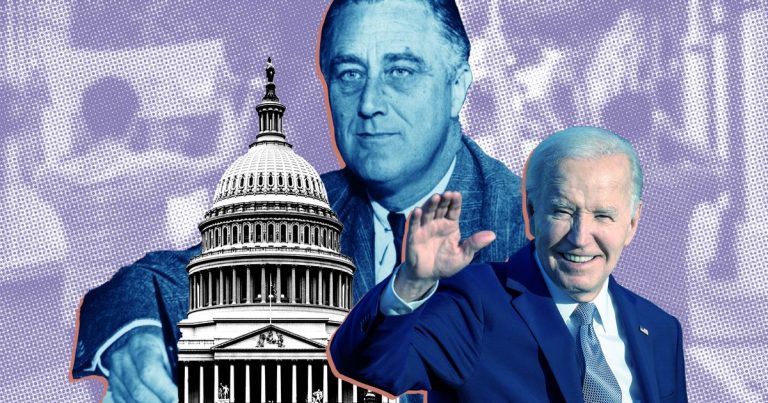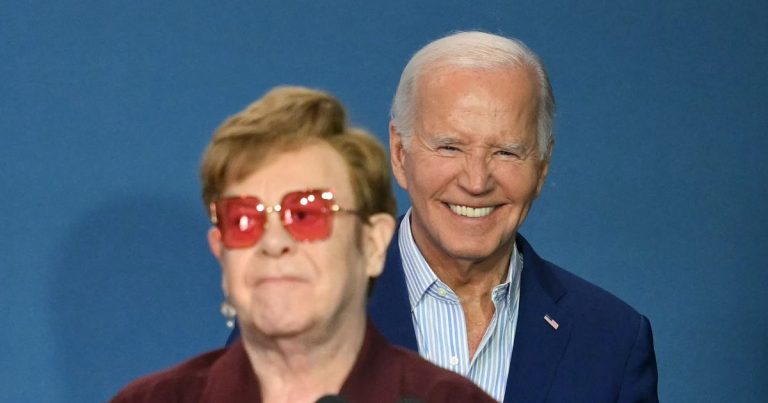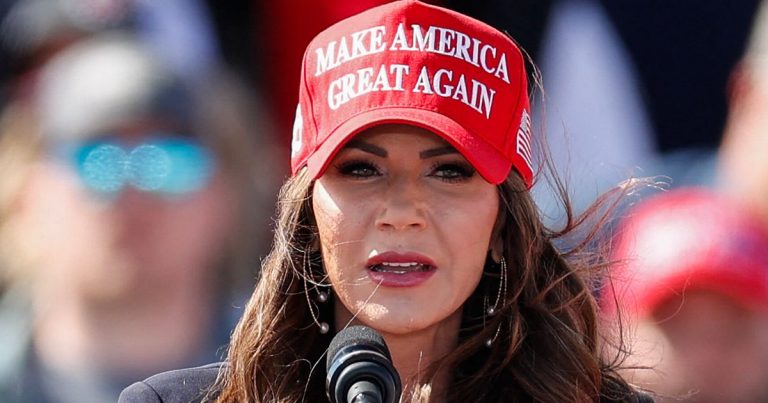Why Replacing Biden with Harris Would Be Difficult for Fundraising
In a potentially unprecedented turn of events, Vice President Kamala Harris could hold a significant advantage over other potential Democratic presidential candidates if President Joe Biden opts not to seek reelection.
One of the main reasons for this advantage lies in the fact that Harris would have the ability to seamlessly take control of the entirety of the president’s campaign funds. This financial aspect makes her the most viable option to step into Biden’s place at the top of the ticket.
Experts underscore the complexity of the current situation Democrats are facing. If the Biden-Harris campaign funds were to be transferred to another candidate, apart from Harris, it would pose significant challenges and might even be unfeasible. Options in such a scenario include rolling the funds into a political action committee, handing it over to the Democratic National Committee, or refunding donors to contribute to a new committee – none of which are deemed ideal.
Trevor Potter, the president of the Campaign Legal Center, highlighted the unique position Biden and Harris hold with a shared authorized campaign committee. If Biden were to step down and Harris were to take his place, she would retain access to all the funds in the committee and could utilize them for her own presidential campaign.
Starting a new campaign from scratch just a few months before the election presents a host of challenges, from fundraising and infrastructure to meeting different state-specific ballot access rules. Democrats are beginning to publicly question Biden’s ability to secure the election and serve another term, adding further complexity to the situation.
Harris, who previously ran against Biden before joining forces with him as his running mate, is now gaining traction as a potential presidential candidate. Recent polls even show her slightly ahead of Biden in a head-to-head match against Trump.
Following a debate last week where Biden, at 81, seemed to struggle against the 78-year-old former president, there have been increased discussions about other potential candidates like Michigan Gov. Gretchen Whitmer and California Gov. Gavin Newsom. However, without Harris in the running, they would not directly benefit from the substantial funds amassed by the Biden-Harris campaign.
Campaign finance experts point out that refunding donors and asking them to contribute to a new candidate committee would be a cumbersome process and might not yield the same financial outcome for a new campaign. This presents a significant challenge for any candidate other than Harris.
The alternative of rolling over funds into a PAC, which can accept unlimited contributions but cannot coordinate the spending with a candidate, poses its own set of limitations. Similarly, handing over all the funds to the Democratic National Committee comes with rules governing coordination with candidates that restrict the committee’s spending freedom.
Not since Lyndon B. Johnson in 1968 has a sitting president chosen not to run for reelection, underscoring the gravity of the decision facing Democrats. The laws and regulations in place today only add to the complexity of the situation, making it even more challenging for a candidate other than the vice president.
In conclusion, the financial implications of a potential Biden withdrawal and a subsequent Harris candidacy highlight the intricate web of challenges Democrats could face in the upcoming election cycle. With fundraising, infrastructure development, and state-specific ballot access rules to navigate, the road to securing a new presidential nominee could be paved with hurdles.








